There’s a lot of nonsense talked about this. In the old days of Victorian and Edwardian correctness, writers were taught that the rules of language syntax were sacrosanct. Leave out a comma and the world would cave in (note the lack of one in that sentence). Nowadays(,) however(,) every rule is there to be broken. Many modern writers, including myself, use as few commas as possible to keep the pace going, particularly when writing a thriller or a first person account, where tempo and immediacy are crucial.

I’m always annoyed when reviewers (often American ones) complain about the lack of commas and the ignoring of the rules of grammar. I always suggest they read more modern writers, or indeed go back to their Hemingway. He treated such trivia with the utmost disdain!
Some writers have even experimented with no commas at all, but I think that’s going too far. It can make the work almost unreadable, and even lose the sense of passages completely. Some commas are essential. Take for instance the following two sentences (I am leaving out speech marks, which is again a tactic used by some writers – Tim Winton for instance):-
I’m going to kill you, John, warned Peter.
I’m going to kill you, John warned Peter.
The removal of one comma completely reverses the sense.
And certainly, when one has a longish or complex sentence, then the adroit use of commas, strategically placed, can help the reader to understand better, as in this one.
But on the other hand the constant precise usage of the bloody things can render a paragraph ponderous and pedantic:-
The sentence, written here, is compiled and punctuated, using commas, where correct, but employed, however, only as example, but not as ideal, to define thoughts, and meanings, and to clarify detail.
Yugh!
There is also debate about the use of semi-colons, which can be useful when composing a list of phrases (e.g. ‘State your theme; divide into headings; separate into subsections; then promote it’.) I rarely use them, more for aesthetic reasons than anything else. If I have a subsidiary phrase in a sentence which is quite complex – and therefore perhaps requires more than commas – then I prefer to use dashes, as in this one.
Another departure from the orthodox. Adherence to such rules as the obligatory use of verbs and pronouns in a sentence, has long been abandoned. Take this:-
He raced up the slope. Leapt the wall. Fell, twisting his ankle, on the other side. ‘Fuck!’. Lay exhausted in the mud. Defeated, surrendered, past caring. Knowing it didn’t matter now. Approaching footsteps. Rustle of leaves, cooing of pigeons. The end of everything.
Dickens or Jane Austen would never have written a passage like that. But the modern reader accepts it without blinking. Perhaps it’s the pace of today’s living.
And just for fun – can you punctuate this sentence in order to make sense of it? –
John where Peter had had had had had had had had had had had the examiner’s approval.
Subscribe to Books & Stuff

Email Robin for a FREE online flip-book edition of 'Dinner With Churchill' (or his previous books, 'The Land, The Land' and 'Number Ten').

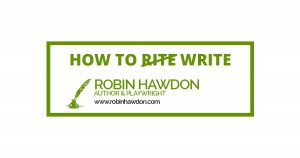
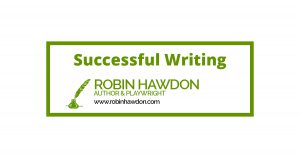

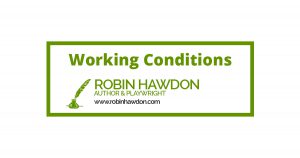
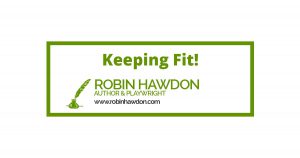


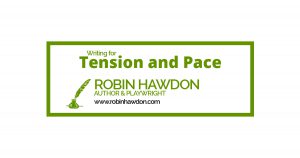
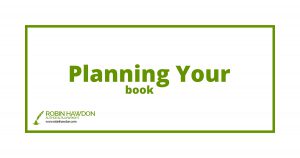
As a budding (not so young) author, I struggle with the concept of when to use punctuation, particularly commas. Vague memories of English classes at school are reinforced by the likes of Grammarly telling me I must use a comma here, there and…well, you get the point.
I enjoyed this article because, if I understand correctly, you are basically saying stuff the rules if it makes the reading experience better?